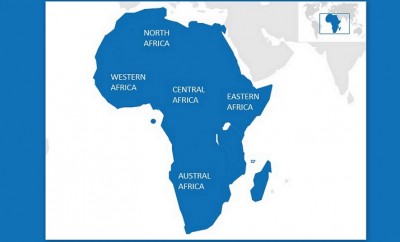
How Europe Can Protect the Poor from Surging Energy Prices
With fossil fuels likely to remain expensive for some time, governments should let retail prices rise to promote energy conservation while protecting poorer households.
Soaring energy prices have sharply increased living costs for Europeans. Since early last year, global oil prices doubled, coal prices nearly quadrupled and European natural gas prices increased almost seven-fold. With energy prices likely to remain above pre-crisis levels for some time, Europe must adapt to higher import bills for fossil fuels.
Governments cannot prevent the loss in real national income arising from the terms-of-trade shock. They should allow the full increase in fuels costs to pass to end-users to encourage energy saving and switching out of fossil fuels. Policy should shift from broad-based support such as price controls to targeted relief such as transfers to lower-income households who suffer the most from higher energy bills.
In a new working paper, we estimate that the average European household will see a rise of about 7 percent in its cost of living this year relative to what we expected in early 2021. This reflects the direct effect of higher energy prices as well as their pass-through to other goods and services. The large differences in impact across countries reflect different regulations, policy responses, market structures, and contracting practices. The spike in the cost of living could get worse in the event of a cutoff in gas supplies from Russia.
In most European countries, higher energy prices impose an even heavier burden on low-income households because they spend a larger share of their budget on electricity and gas. The chart below shows the divergence in the distributional impact of higher prices across countries and income groups.
Συνέχεια εδώ





